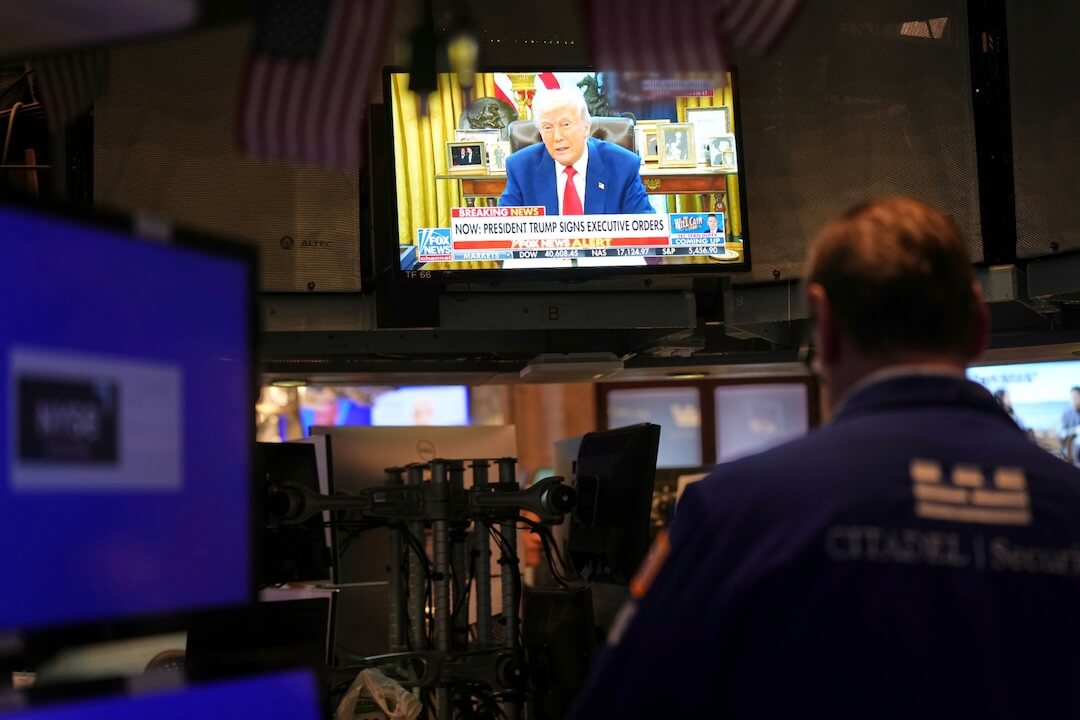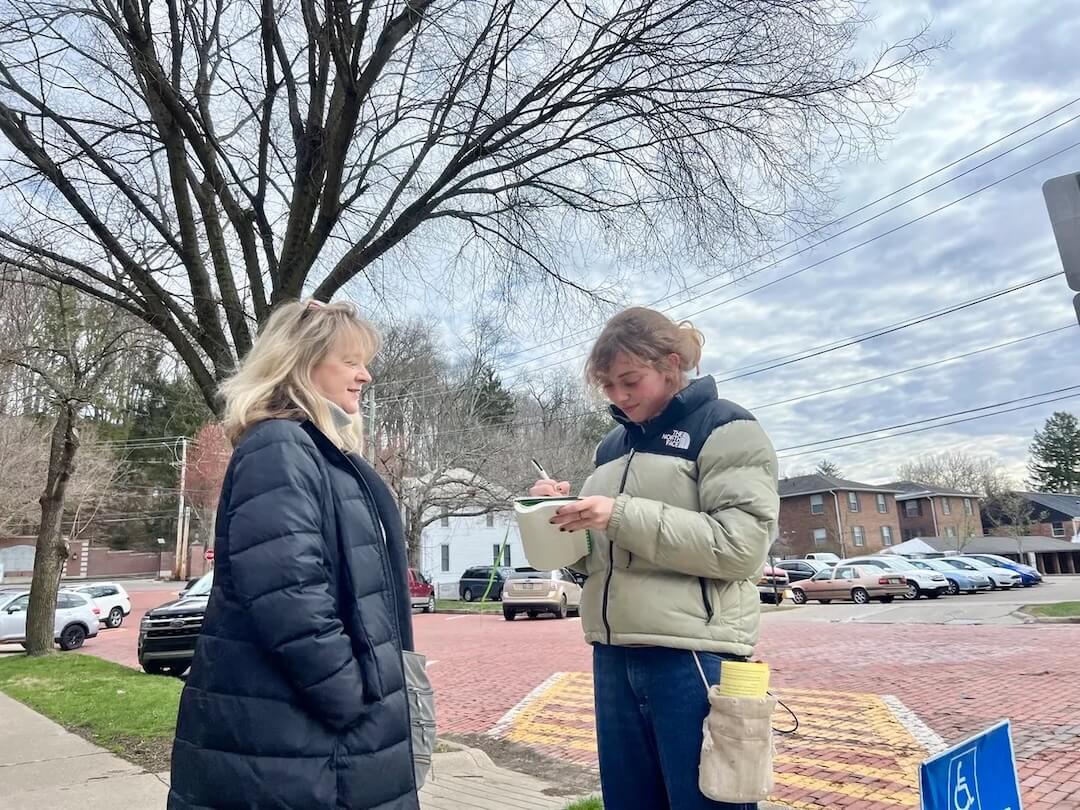The announcement today of Reuters’ launch of an American wire service has already been well-reported and well-analyzed. So here are seven quick thoughts on what is in the deal for Reuters and its first client, Tribune Co., and what the new service may mean for readers and the rival Associated Press.
This is a shot at re-inventing the wire service model — leaner, more flexible, collaborative with other content producers, and above all cheaper. Reuters, specializing in finance and business on an international scale, will need to build general news capacity from the ground up. It will try to jump start the process by buying content from three sports sites and two entertainment sources. Tribune and future clients will have some capacity to custom order coverage and resell it as part of national news modules to smaller papers.
My former boss, Gene Roberts, used to say it sometimes makes sense to start before you are really ready. That is surely the case here, though Reuters has been slowly stockpiling name talent in finance, investigations and politics this year. But it is still hiring 100 reporter/editors for the project. I would watch for the news service to develop in a learn-as-you-go fashion with a horizon of years to mature.
One of the more candid accounts I’ve seen of Reuters’ goals is in a job posting for one-person bureaus in Dallas, Phoenix and Kansas City. The new service “will specialize in providing Tier 2 domestic U.S. news usually below the radar of the Reuters world wire.”
This content is essential for Reuters “to be competitive with the AP in the U.S. media market for newspapers, websites, magazines and cable television.” The new bureau chiefs will be expected “to chase down U.S. domestic spot news on tight deadlines ” and to commission and edit the work of stringers.
Tribune is well up the curve in the trend among newspaper chains to consolidate copy editing and national news production for its papers. I heard in a presentation at the AP Managing Editors’ conference at Poynter this fall that more than half the pages in the Newport News Daily Press are now produced in Chicago — all the Virginia paper’s national and international content, plus big chunks of business and lifestyle coverage.
Starting on the ground floor with Reuters will help Tribune in a new business selling completed national news modules to papers it does not own. It already has such a deal with Schurz Communications.
The driver here is cost control. As I reported this October, the revolt among metro editors against AP’s high fees and a one-size-fits-all package has quieted with concessions from the wire service on both scores. But as advertising and circulation revenues continue to stall, the pressure to find new cost cuts redoubles. Six- and seven-figure AP dues could cycle back as an attractive target for economizing.
I don’t see Reuters matching AP any time soon, and I doubt that is the aspiration. To borrow a phrase from the Newspaper Next study of a few years back, a “good enough” wire report may be the new, less ambitious goal for many newspapers and other AP clients.
AP rightfully boasts of a team of worldwide correspondents and photographers who can rush to the scene of the Haiti earthquake or get inside an Afghan opium den. Just last week an AP photojournalist snapped the stunning image of Prince Charles and Camilla as their car was rocked by demonstrators. More news organizations may soon say, ‘Yes, that’s great, but we can’t afford it any more.”
So is there trouble ahead for AP? For the time being even Tribune retains a sort of half-membership (and the L.A. Times will still get the full service). But if the Reuters service develops as hoped, dropping AP could follow.
CNN severed its AP ties this summer (though AP has complained that CNN still plucks news leads as they are published on subscribing sites).
I continue to hear that many small papers run so little national and international news that the AP is unnecessary — or would be, were there an alternate source for a timely sports report.
On the other hand, AP is a cooperative, owned by the nation’s 1,400 newspapers and governed by a board of top news executives. They are likely to be loyal, but a meaningful share of the industry is now owned by private equity bankers, as Tribune will be when its bankruptcy is settled.
As several newspapers have announced additional staff cuts this year, an assortment of expansions and launches from big corporations are gearing up. The Reuters move is of a piece with AOL’s Patch, the big expansion of National Journal and other Washington operations, and the proliferating content-on-demand ventures like Associated Content.
I expect more of the same in 2011.








Comments